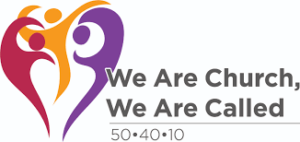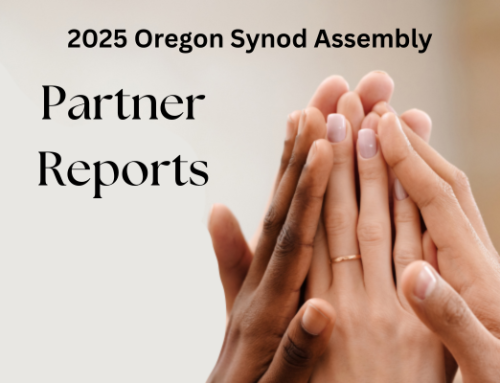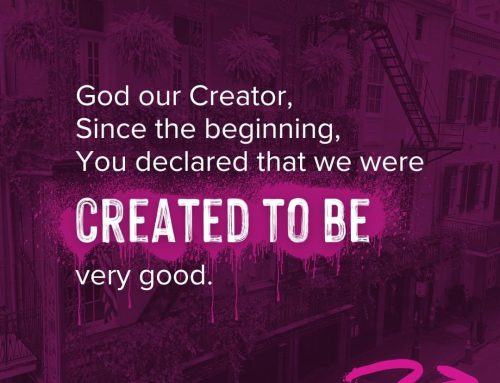
2020 marks the 50th anniversary of the ordination of women in the ELCA, the 40th anniversary of women of color, and the 10th anniversary of LGBTQ+ siblings.
It’s an incredibly important marker for the ELCA, though it is only the beginning for the Church, as women are still denied ordination across the denominations and hold less than 15% of the leadership positions in the worldwide church! Therefore, in 2020, we in the Oregon Synod will highlight one woman from Christian history every week. Some you may know, others you may not, but all worthy of our respect and gratitude.
#41: Ella Baker
Ella Baker was a grassroots organizer convinced that—given the right support—oppressed people could lead themselves. This belief is part of why she is not as well known as other leaders of the Civil Rights Movement. “You didn’t see me on television, you didn’t see news stories about me. The kind of role that I tried to play was to pick up pieces or put together pieces out of which I hoped organization might come. My theory is, strong people don’t need strong leaders.” Baker’s passion was for nurturing leadership in others, advocating for the inclusion of ordinary people—particularly women and young people—in the decision-making process. She challenged the traditional paradigm of charismatic masculine leadership—that privileged stirring speeches over hands-on organizing. She warned against reliance on a messianic figure. Baker was all about the hard, unglamorous work of building relationships, mobilizing communities, developing campaigns, and creating new organizers. The granddaughter of a slave, Baker’s interest in civil rights began early. After working as a journalist for Black publications, and as an advocate for Black consumer rights, Baker was hired by the NAACP. (Within a few years she became the highest-ranking woman in the organization.) As an NAACP field secretary, she traveled throughout the Jim Crow South. It was this experience that led her to determine that the Black Church had a role to play in the desegregation movement—as a provider of organizational support. With other leaders, Baker helped establish the Southern Christian Leadership Conference (SCLC) and became its first director. (Martin Luther King Jr. took on the role of president.) While working for the SCLC, Baker saw the untapped potential of college organizers. In 1960, she left the SCLC to help organize the fledgling Student Nonviolent Coordinating Committee (SNCC). The SNCC went on to organize the Freedom Rides and Freedom Summer. “Remember,” she said, “we’re are not fighting for the freedom of the Negro alone, but for the freedom of the human spirit a larger freedom that encompasses all mankind.”




